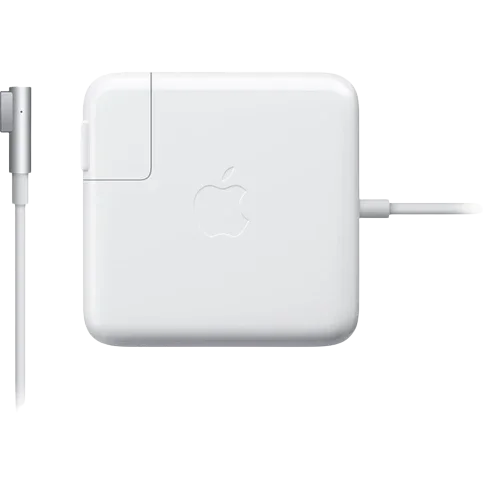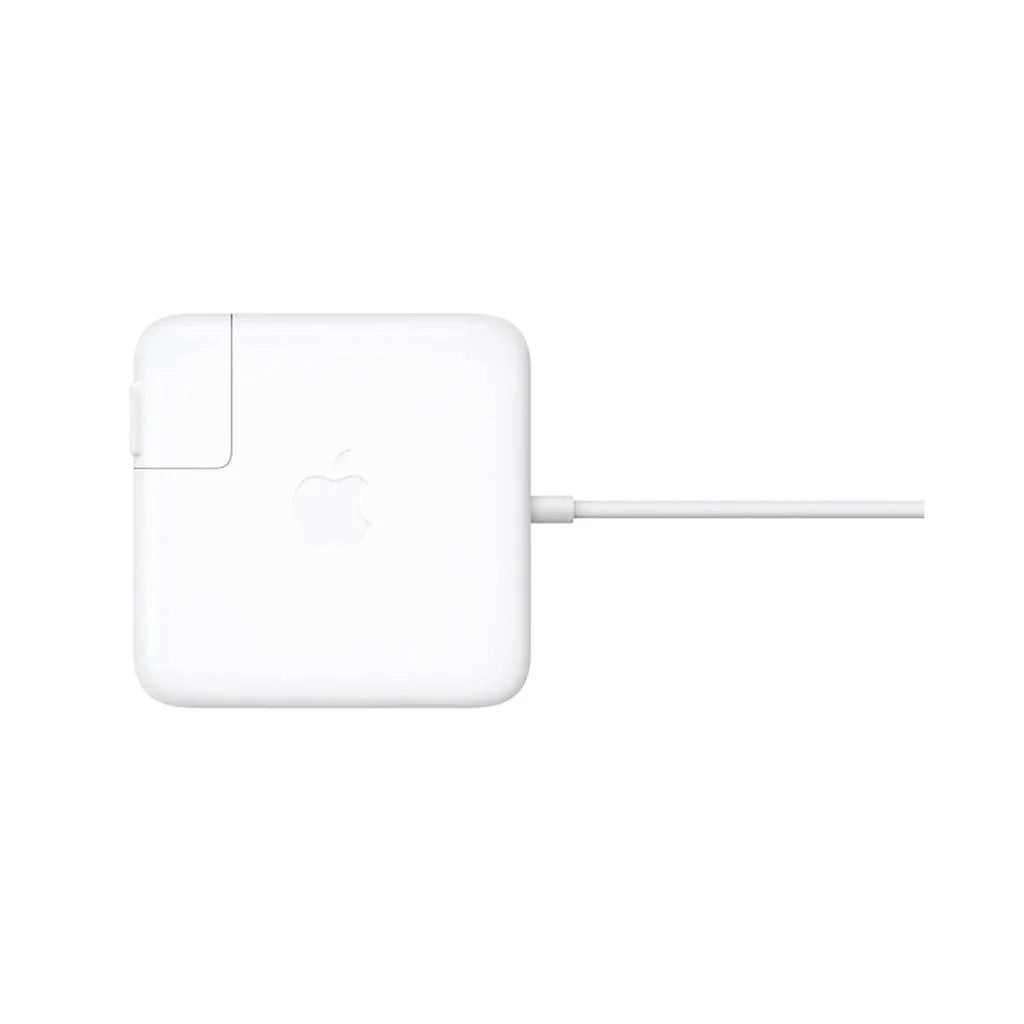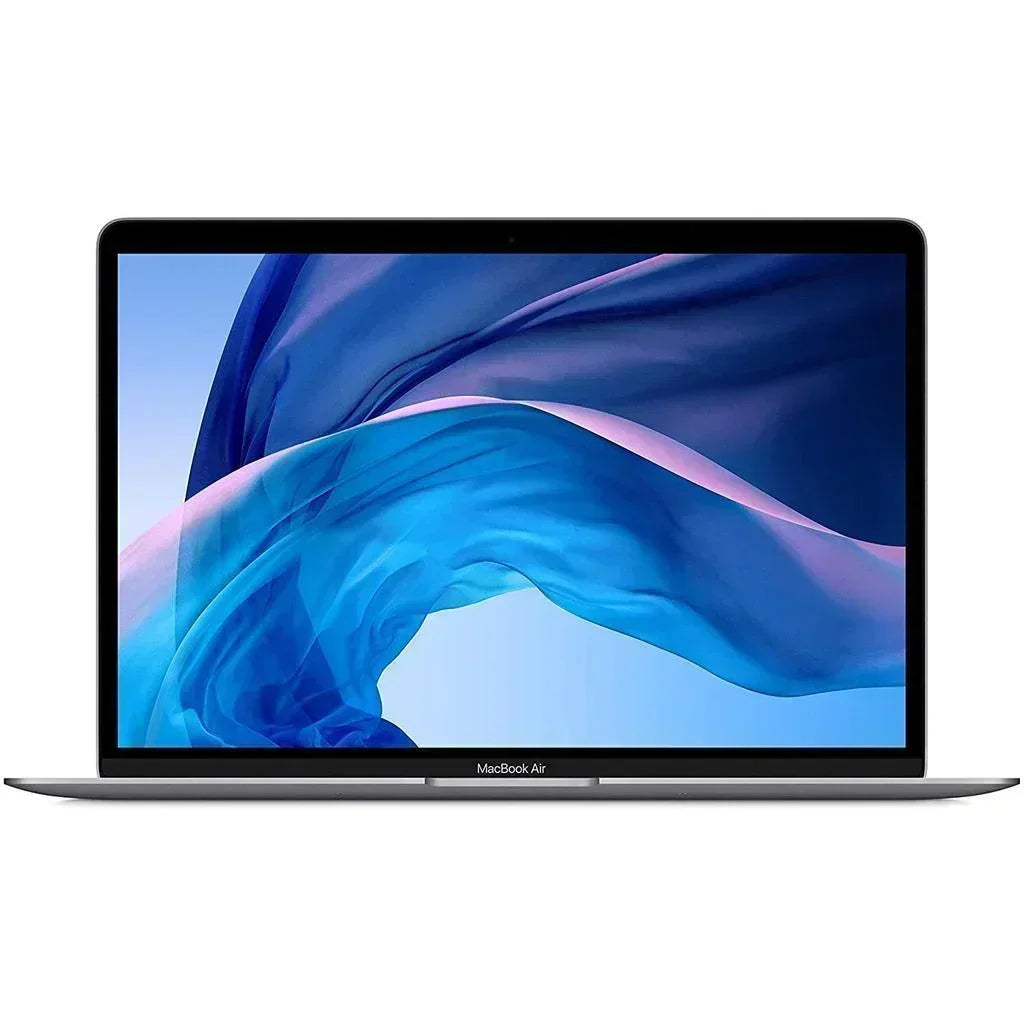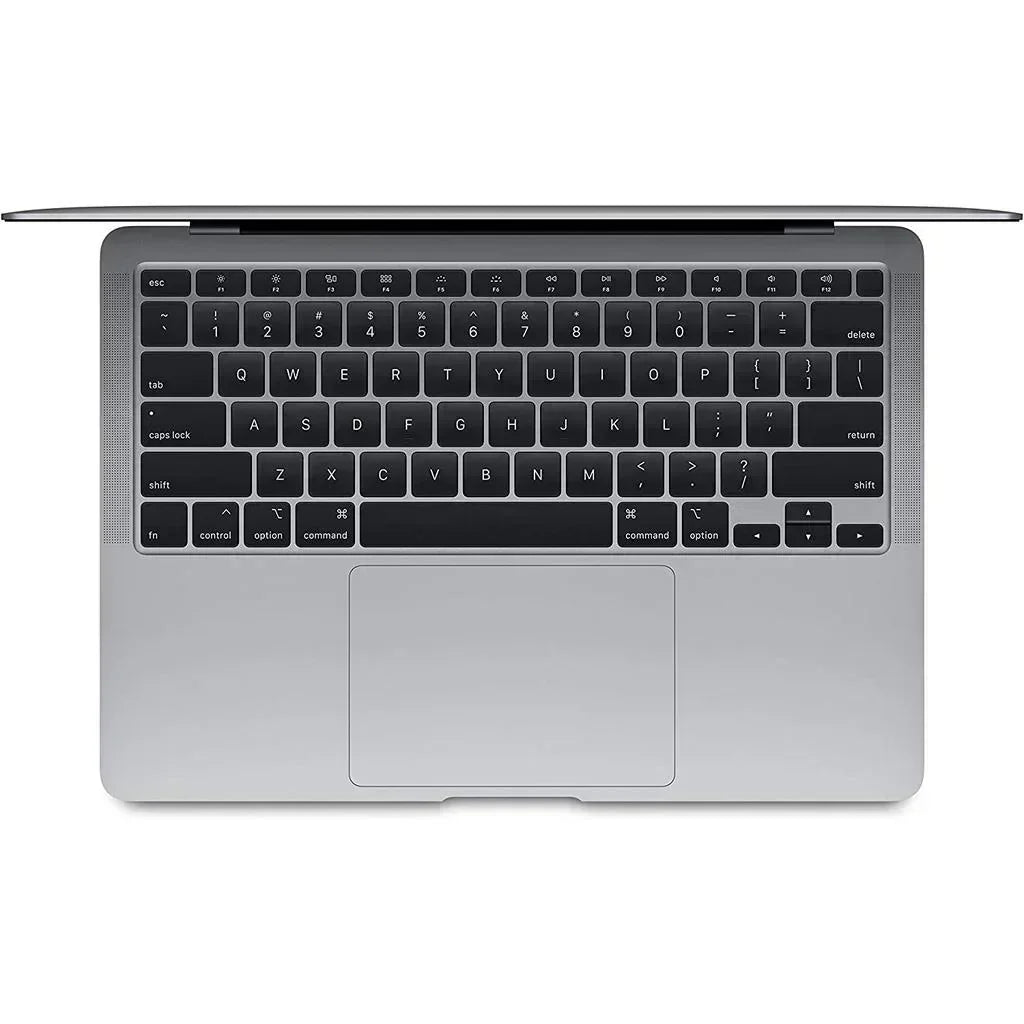How to choose the best tech for your college career
In today's fast-paced, technology-driven world, you'll likely spend most of your college career working from a computer.
Reliance on technology has been especially true in recent years, as 30% of students attend their classes entirely online. Whether you're about to start your freshman year or are an upperclassman looking to update your current setup, you may feel overwhelmed trying to decide what tech is best for you.
This comprehensive guide aims to help you determine what technology will serve you best in college. We'll discuss essential hardware, software and applications, communication tools, and specific tech priorities for college majors.
Essential hardware for college students
Laptop or desktop computer
A personal computer is your ultimate academic companion. It allows you to complete coursework, perform research, and attend online classes. Nowadays, having a personal computer is a requirement for many majors.
When choosing a computer, assess your personal needs and preferences. There is no one-size-fits-all option for tech, so think critically about the ways you’ll use your computer.
If you love to work late in the library, you'll want a portable laptop with good battery life. Your laptop should be able to function for at least eight to nine hours without being plugged in; though this can vary depending on the programs you’ll run on the computer. If you’re planning to run high-functioning programs like video editors or graphic design platforms, you’ll want a laptop that boasts a battery life of at least 10 - 12 hours.
If you're an engineering student who needs to be able to run hefty CAD programs without interruption, look into a desktop PC with good specs. While a laptop can be convenient, stationary PCs are able to pack a bigger processor punch, and can handle the robust programs you’ll need to succeed. Thoroughly research your computer’s graphics capacity, screen resolution, disk space, and processor speed.
If you're on a tight budget, don't worry! Refurbished laptops or desktop computers offer excellent value for money without compromising performance. By choosing refurbished technology, you’re not only able to get higher-quality tech at a lower price, but you reduce e-waste and contribute to global sustainability.
Tablets and iPads
While computers are great for working from the library or campus coffee shop, you may want something a little more portable for taking notes, recording classes, or just hanging out with friends. If so, look into a tablet or iPad to carry through campus.
If you’re majoring in art or graphic design, or participate in a lot of school clubs, a tablet could be your secret weapon to creating great digital art. Using programs like Procreate and Canva, you can create gorgeous art and eye-catching posters and flyers on the go. Don’t forget to invest in a good stylus to go with your tablet as well!
Smartphones and mobile devices
Your mobile device complements your personal computer by providing flexibility and portability. It's your go-to device for quick access to information, communication, and productivity. If you want to ensure that all your devices sync perfectly:
-
Try to match their operating systems (iOS to iOS, Android to Android, etc).
-
If you like to work from a MacBook, consider upgrading to an iPhone to access all your essential files from both devices.
-
If you prefer PCs, stick to a Samsung Galaxy or Google Pixel that can link to your primary device.

Install useful apps to track your schedule and streamline your academic tasks, like Canvas or MyLifeOrganized. This way, you can see your schedule and responsibilities at a glance - no need to start up the whole computer every time you need to check a due date. Your university may have a campus app that can be hugely helpful to you as well!
Student Discount Programs
It’s a tale as old as time: college students trying to save money. It’s easy to assume that you have to shell out a lot of money for high-quality tech, but if you shop smart, that’s not the case.
Explore options like computer rental programs or financial assistance from your educational institution. Your college’s financial aid office should be able to point you toward resources for students. Many colleges have a computer rental program through their bookstore, but you can also look into nationwide initiatives like Rush Computer Rentals or Grover.
There are also many grants and scholarships that help provide college students with free or low-cost computers, such as the Dell Scholars program. Many of these scholarships are open to both incoming and current students, so take some time to research your options.
Also, research student discounts – your student email address can often be the key to unlocking savings and finding the best student laptop deals. Back Market has a student discount deal where you get $20 off any purchase made on the site; all you have to do is enter your email and rake in the savings.







